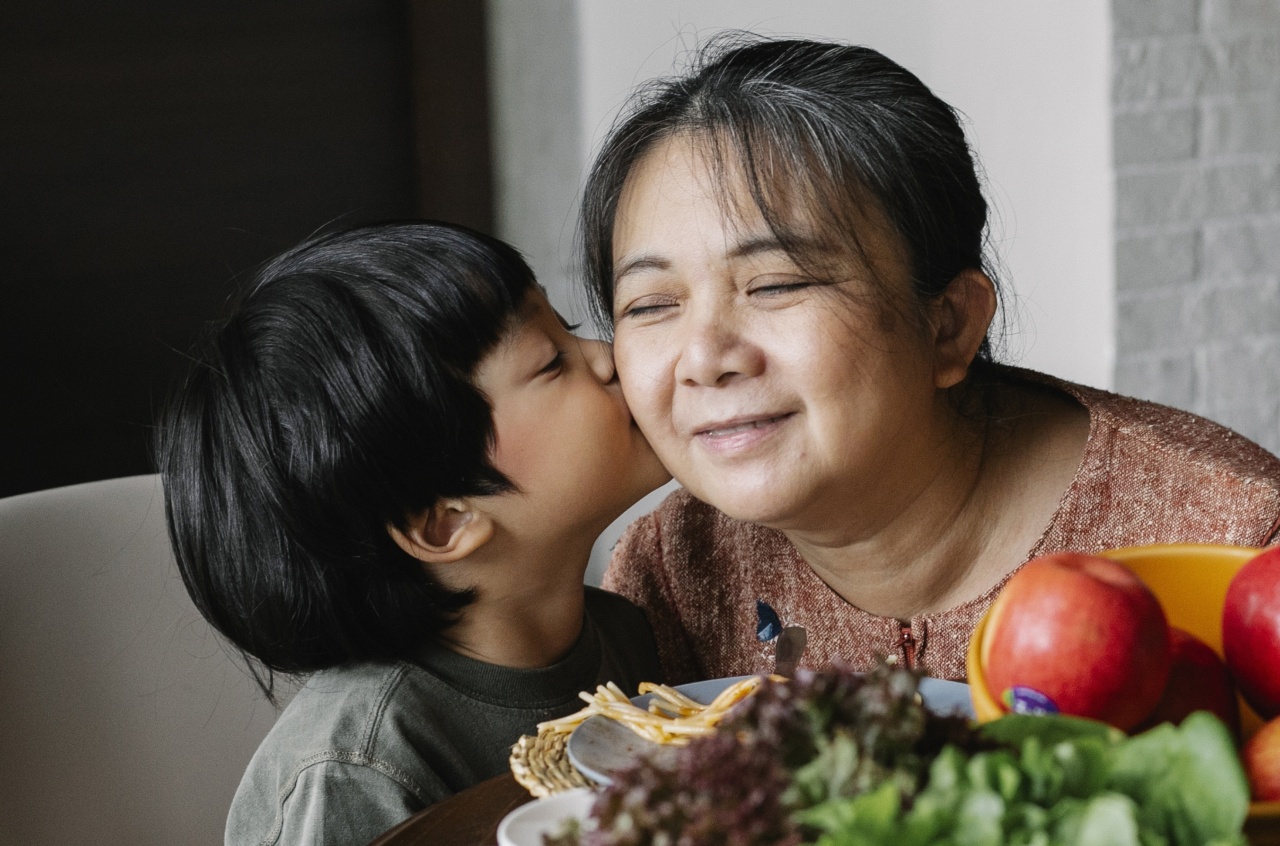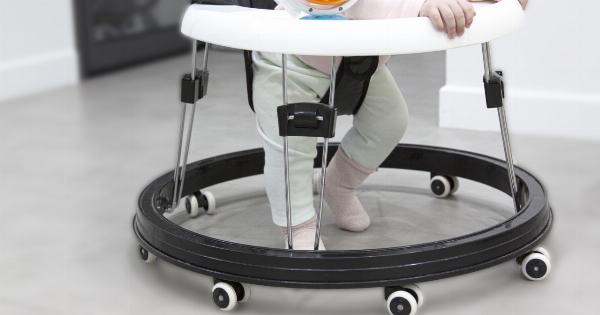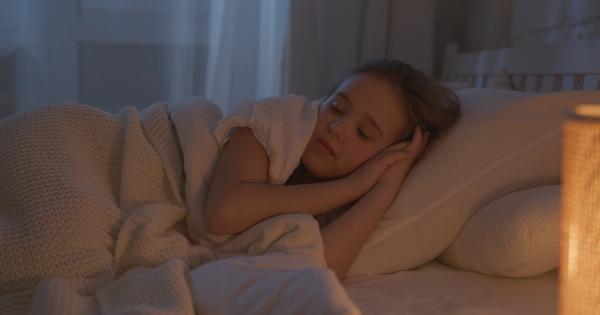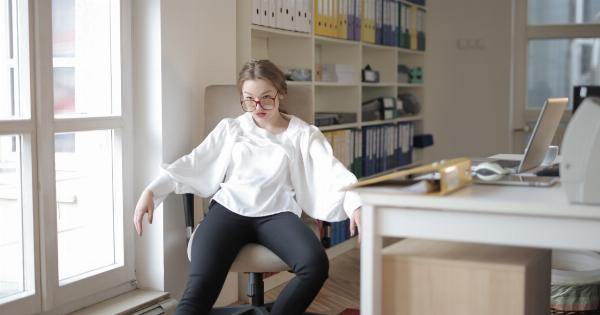Popularity is an essential factor in most children’s lives, particularly during their formative years. Social acceptance is a source of validation and a sign of success for both children and adults in today’s world.
Many kids strive for popularity and the recognition it brings, whether it’s from their peers, family, or teachers. There’s an innate human desire to fit in, be valued and accepted by others, and children who enjoy popularity reap that benefit significantly.
However, as a parent or guardian, it’s important to understand how popularity affects children’s well-being, both positively and negatively.
Positive Impact of Popularity on Children’s Well-being
In a school setting, being popular can make children feel more confident and less anxious.
In fact, researchers have shown that children who enjoyed increased levels of popularity during their formative years had higher self-esteem and better mental health throughout their lives.
Being well-liked also gives children a sense of belonging and social support system. Popular children have more friends, more adults to confide in, and are less prone to bullying or feelings of isolation.
Children who spend more time building meaningful relationships through social activities such as sports, clubs, or hobbies that they enjoy, grow up to be happier, healthy, and more productive inhabitants of society.
Negative Impact of Popularity on Children’s Well-being
While popularity is often deemed a positive attribute, it is essential to consider the negative effect it might have on children. The pursuit of popularity generally takes precedence over other factors like educational performance and behavior.
Many kids prioritize their social life above academic and extracurricular activities, which can result in poor grades, lack of discipline, and underachievement in other areas of their lives.
The concept of ‘popularity’ can also foster an atmosphere of exclusion and competition, which can lead to bullying and ostracism of others.
In this sense, popularity might cause significant harm to other children’s well-being who might be vulnerable to such threats.
Moreover, some children might struggle with the burden of staying popular, trying to maintain relationships with a vast group of peers.
The constant pressure to fit in and be accepted might lead to anxiety and depression in some children, which can negatively impact their mental health.
The Role of Parents and Guardians in Children’s Popularity
Parents and guardians play a crucial role in shaping their children’s popularity and well-being.
When they teach children how to navigate social relationships, they can help them become confident, secure, and assertive individuals with high levels of self-worth. Parents should encourage their children to be themselves, not try to be someone else to fit in better with the group.
In addition, parents should support and encourage their children to learn new skills, join sports teams, and participate in extracurricular activities that will allow them to exercise a sense of independence and creativity.
These activities will help children develop a variety of abilities and passions that will give them a sense of fulfillment.
Conclusion
Popularity can have both positive and negative impacts on children’s well-being. It is essential to understand that the pursuit of popularity can sometimes lead to other factors such as academics and behavior being neglected.
Parents and guardians can play a crucial role in supporting their children to develop wholesome relationships, positive self-esteem, and meaningful relationships with others.






























